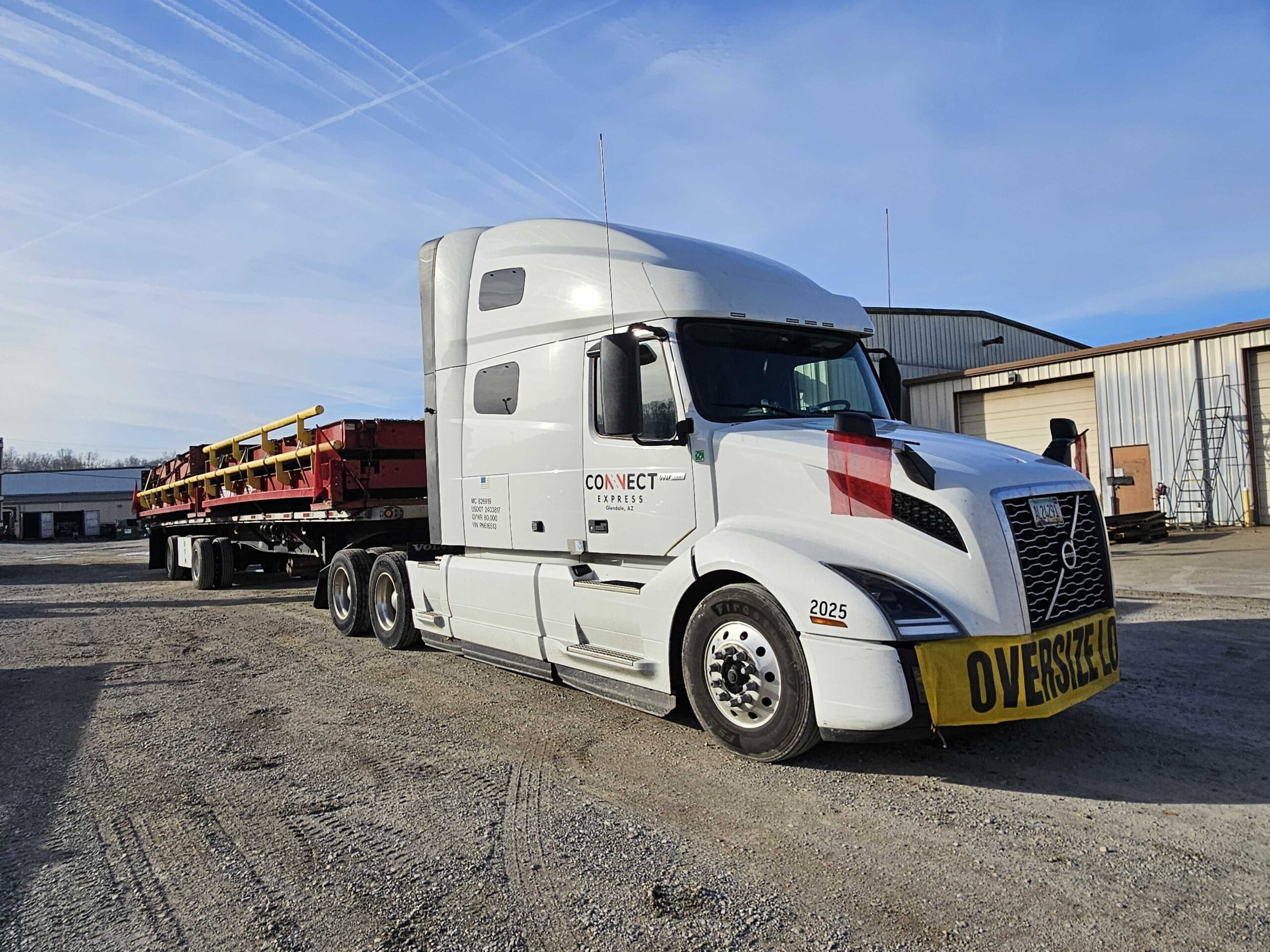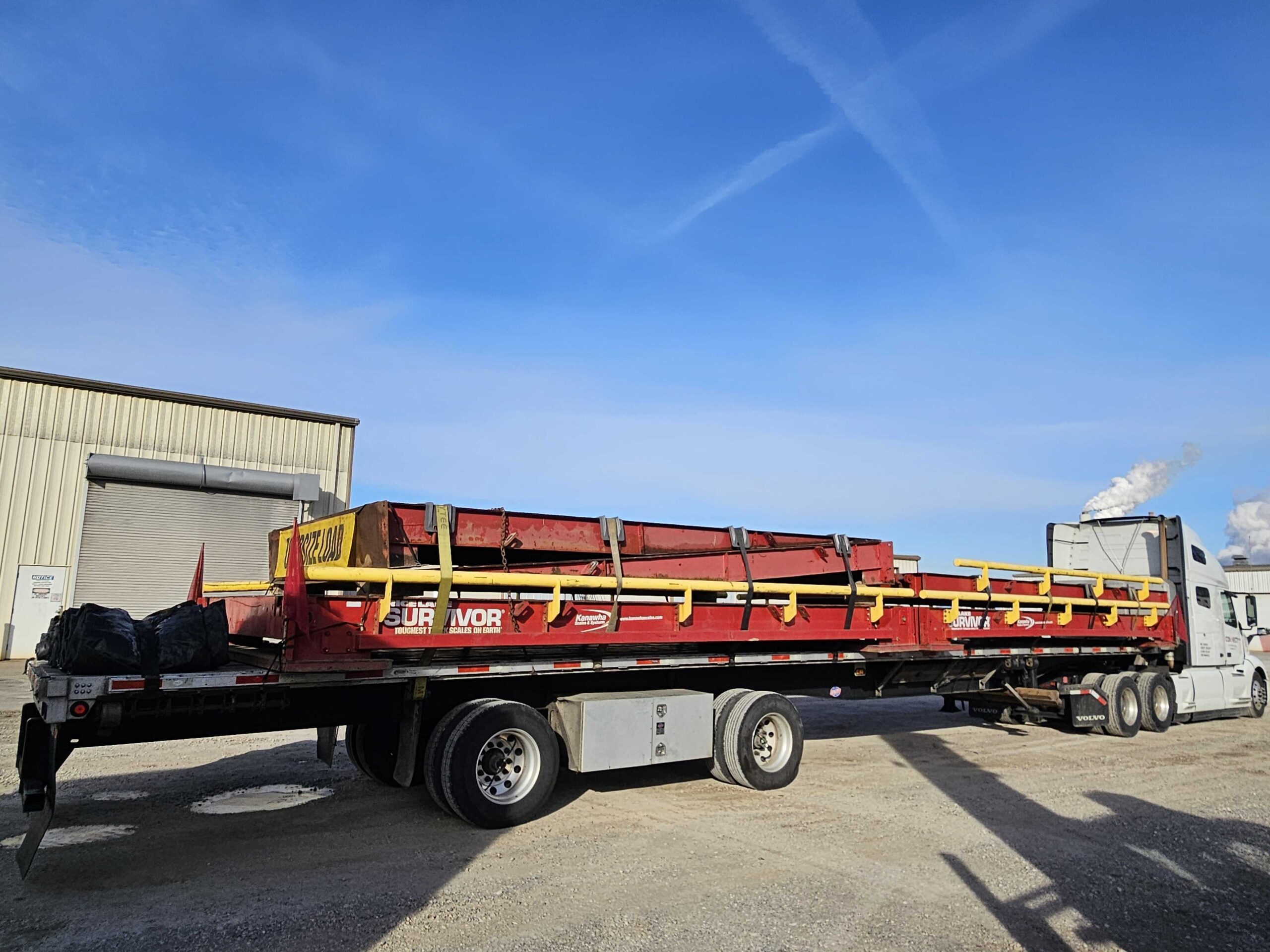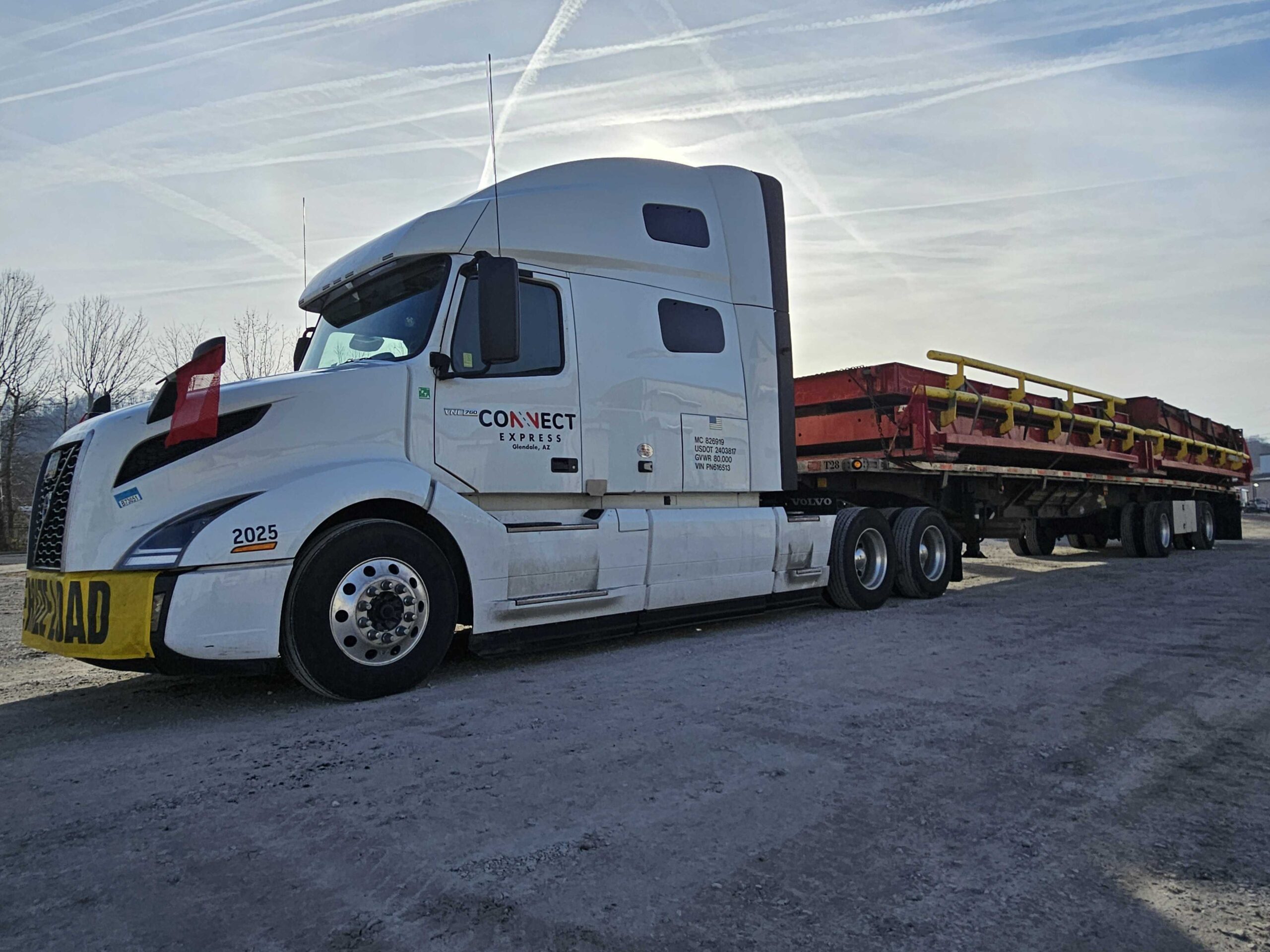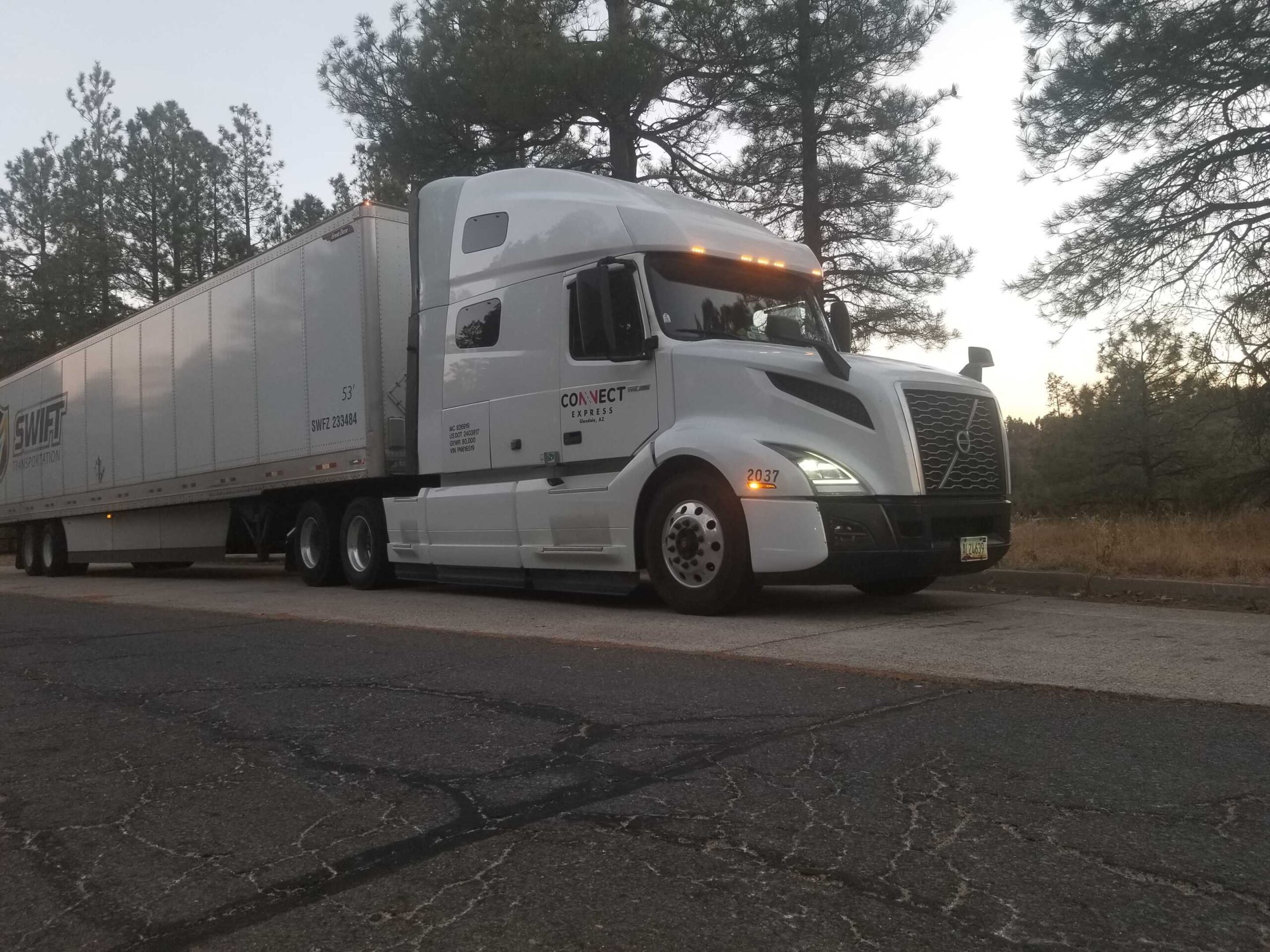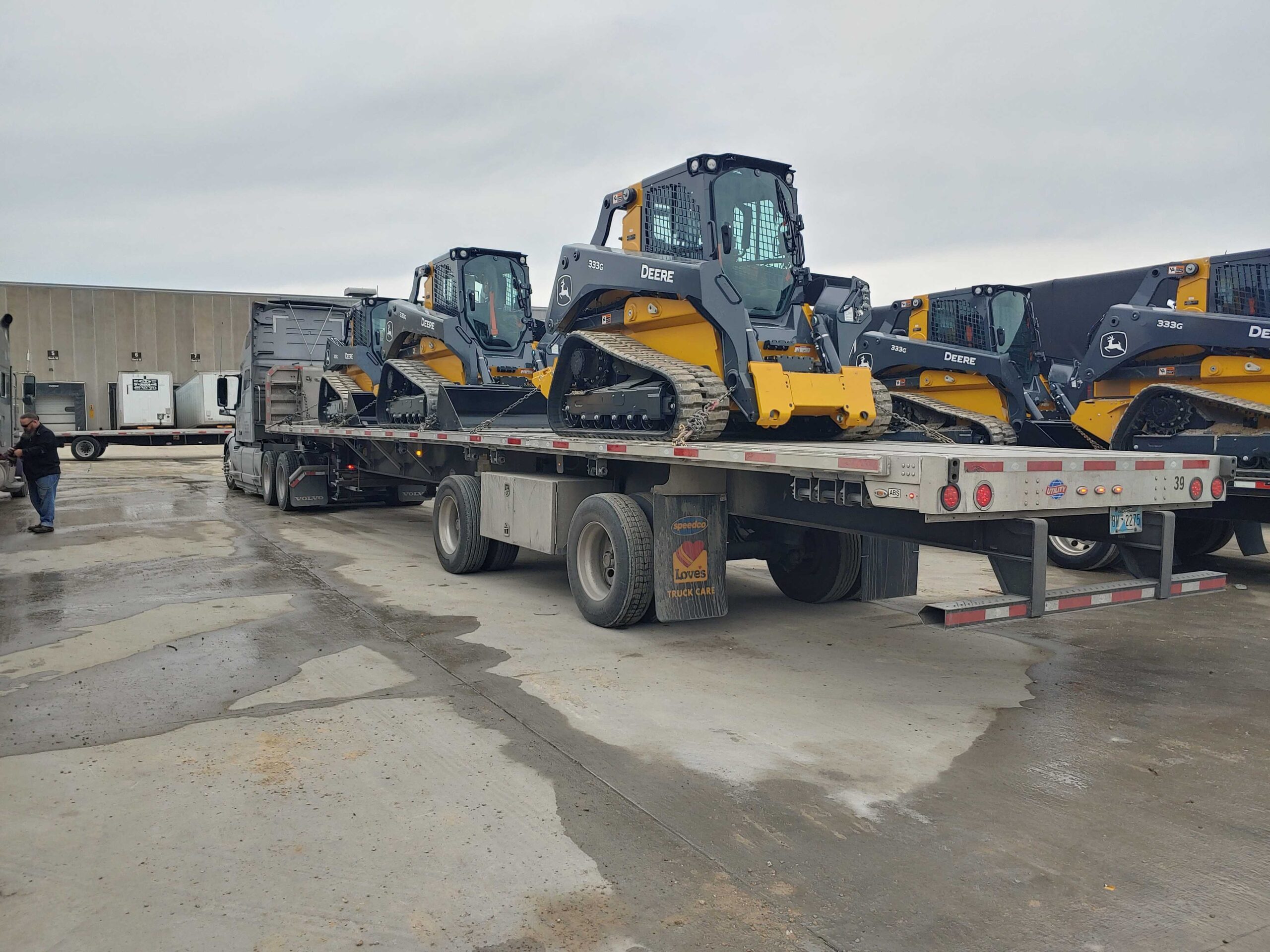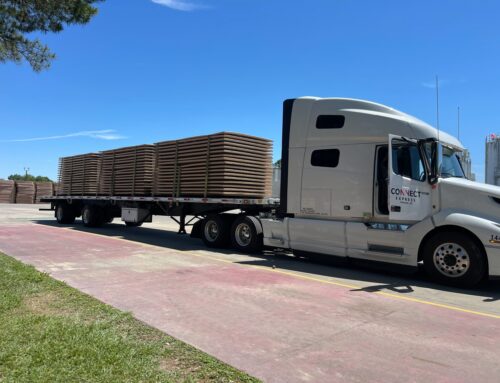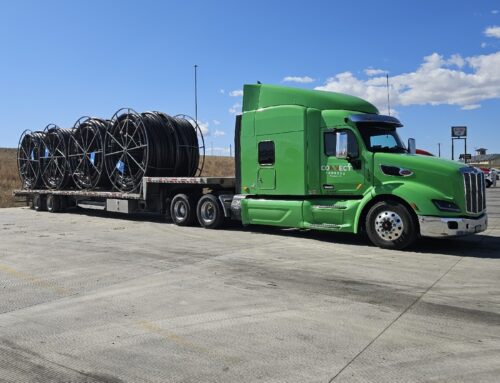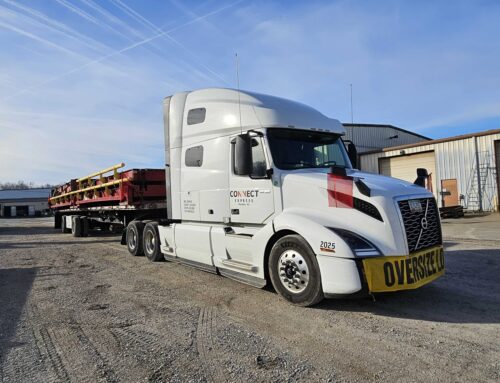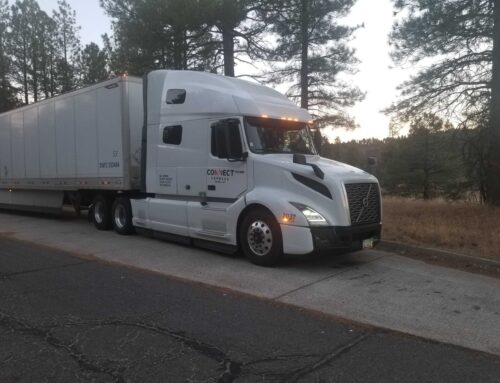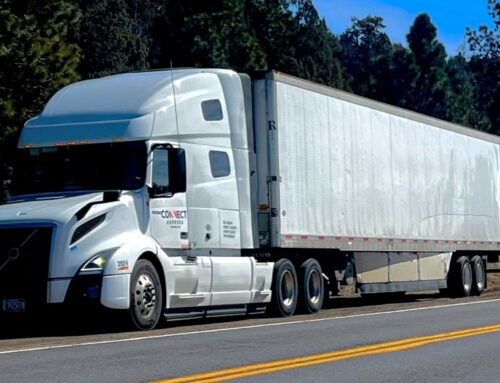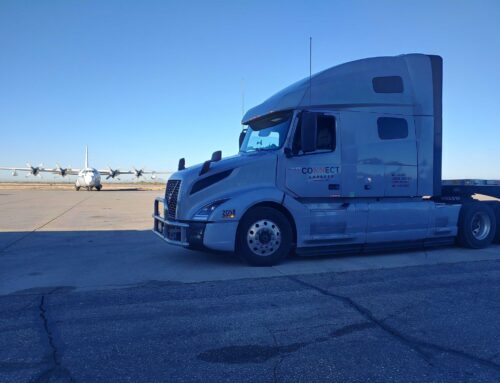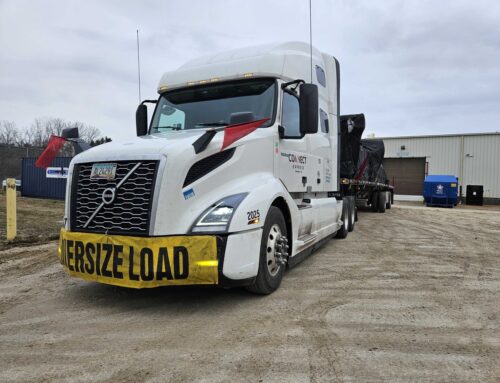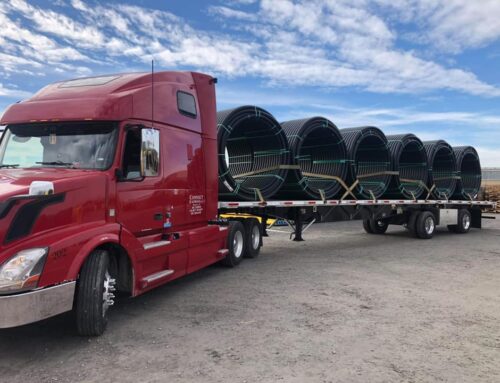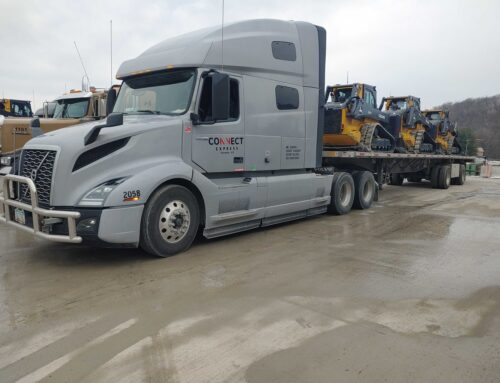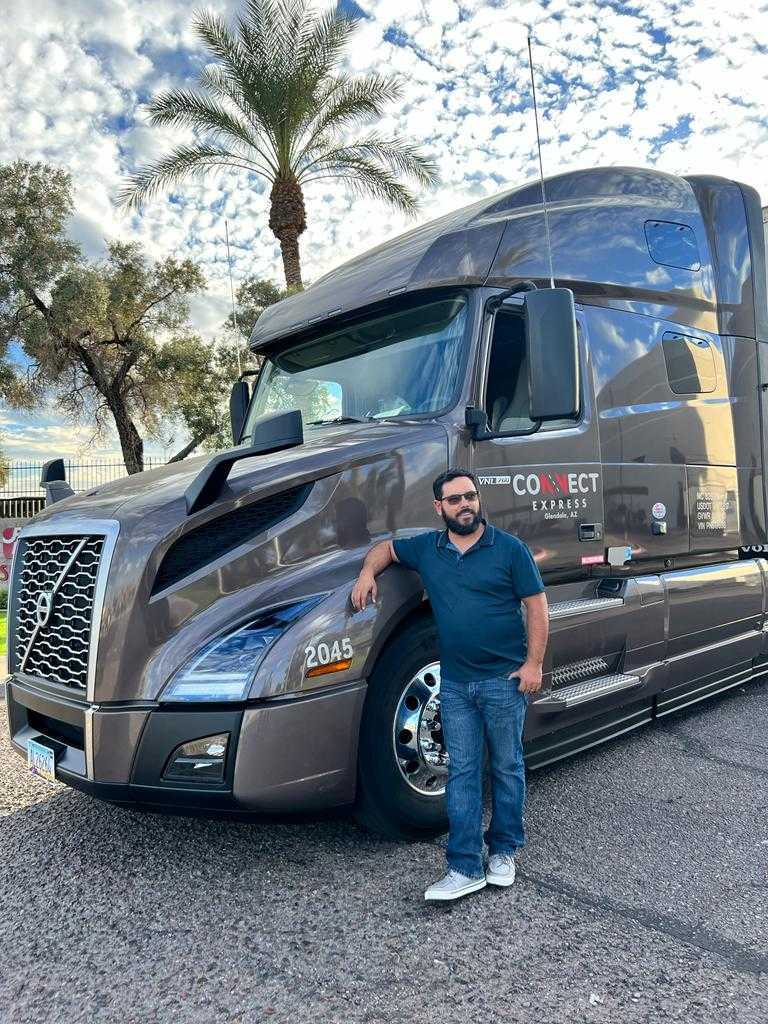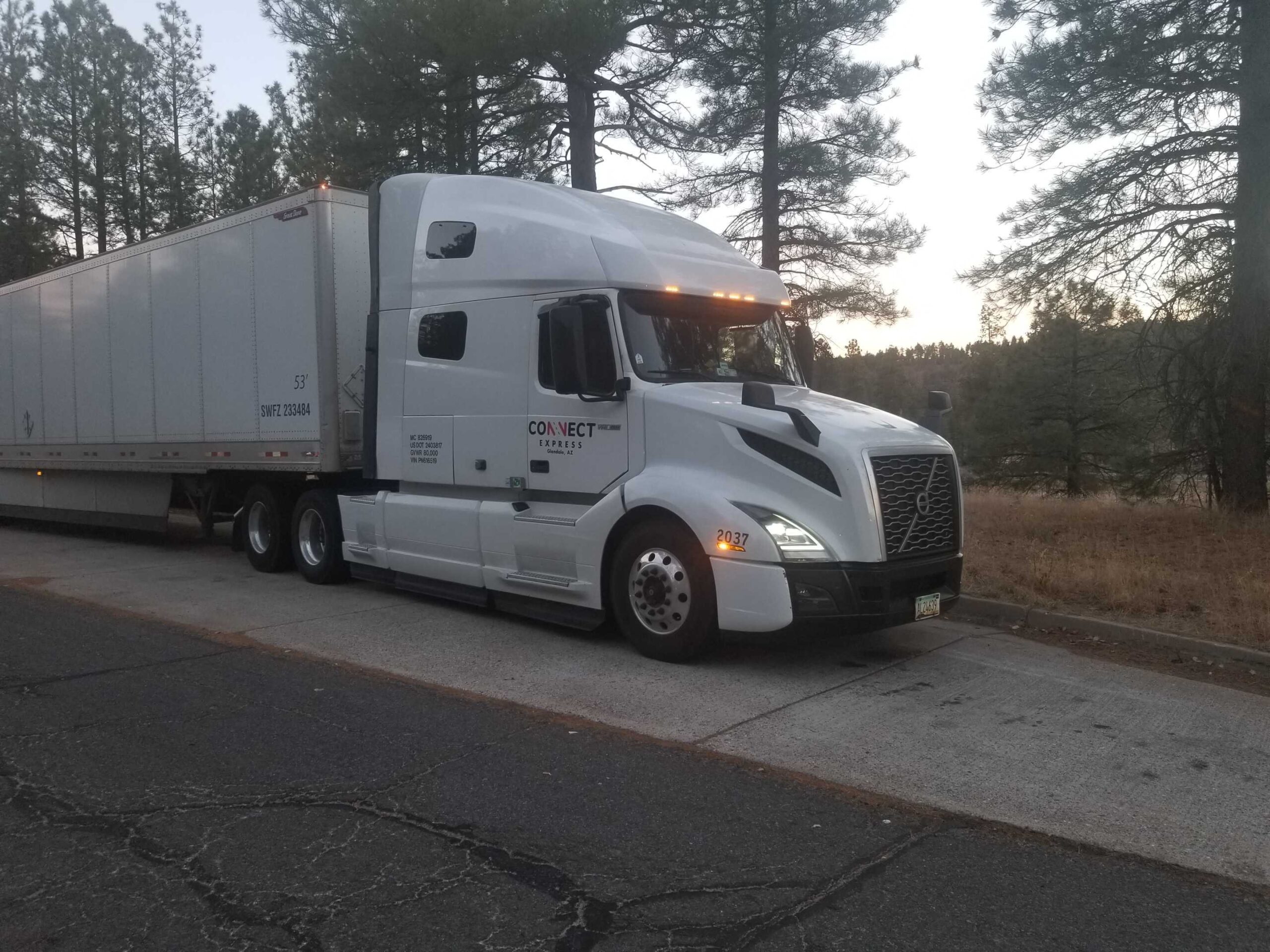
Introduction
In the vast and dynamic world of logistics and transportation, the decision of selecting the appropriate type of trucking service is not merely operational but strategic, influencing the efficiency, cost-effectiveness, and reliability of goods delivery. The dichotomy of choice often lies between flatbed and conventional (dry van) trucking, each with its distinct advantages, challenges, and suitability for different types of cargo. This selection is crucial in determining how effectively a business can meet its logistical requirements, manage transportation costs, and navigate the complexities of supply chain management. Flatbed trucking offers unparalleled flexibility for oversized loads and materials requiring side loading or crane lifting, making it indispensable for certain sectors. Conversely, dry van trucking provides a secure and enclosed environment for the transportation of a wide range of goods, from perishable items to electronics, thereby serving as the backbone of general freight logistics. Understanding the nuances of each trucking option allows businesses to make informed choices, optimize their logistics operations, and enhance their competitive edge in the market. Through a detailed exploration of flatbed and conventional trucking—spanning definitions, advantages, operational considerations, and market influences—this analysis aims to equip readers with comprehensive insights into making informed transportation decisions tailored to their unique business needs.
Understanding Flatbed Trucking
Definition and Characteristics
Flatbed trucking is distinguished by its use of open trailers, offering unmatched versatility for hauling non-standard goods. These trailers lack sides and a roof, providing easy access for loading and unloading heavy machinery, construction materials, and other oversized items. The open nature of flatbed trailers facilitates the transportation of goods that are too large or awkwardly shaped to fit within the confines of enclosed trailers, making it a preferred choice for industries requiring the movement of large equipment or construction supplies.
Types of Goods and Materials
Flatbed trucks are commonly used to transport:
- Construction materials, including lumber, steel beams, and large plumbing supplies.
- Heavy machinery, such as tractors, backhoes, and industrial equipment.
- Oversized items, including pre-fabricated building components and large industrial machinery.
Advantages and Challenges
Advantages:
- Versatility in Loading: The open design allows for loading and unloading from any direction, accommodating a wide variety of cargo sizes and shapes.
- Capacity for Oversized Loads: Ideal for goods that exceed standard dimensions, flatbeds can handle larger and heavier items, often subject to special permits for oversized loads.
Challenges:
- Exposure to the Elements: Goods transported on flatbeds are vulnerable to weather conditions, requiring protective measures like tarps for weather-sensitive cargo.
- Securing Cargo: Ensuring the stability and security of the load demands expertise and additional equipment, increasing the complexity of operations.
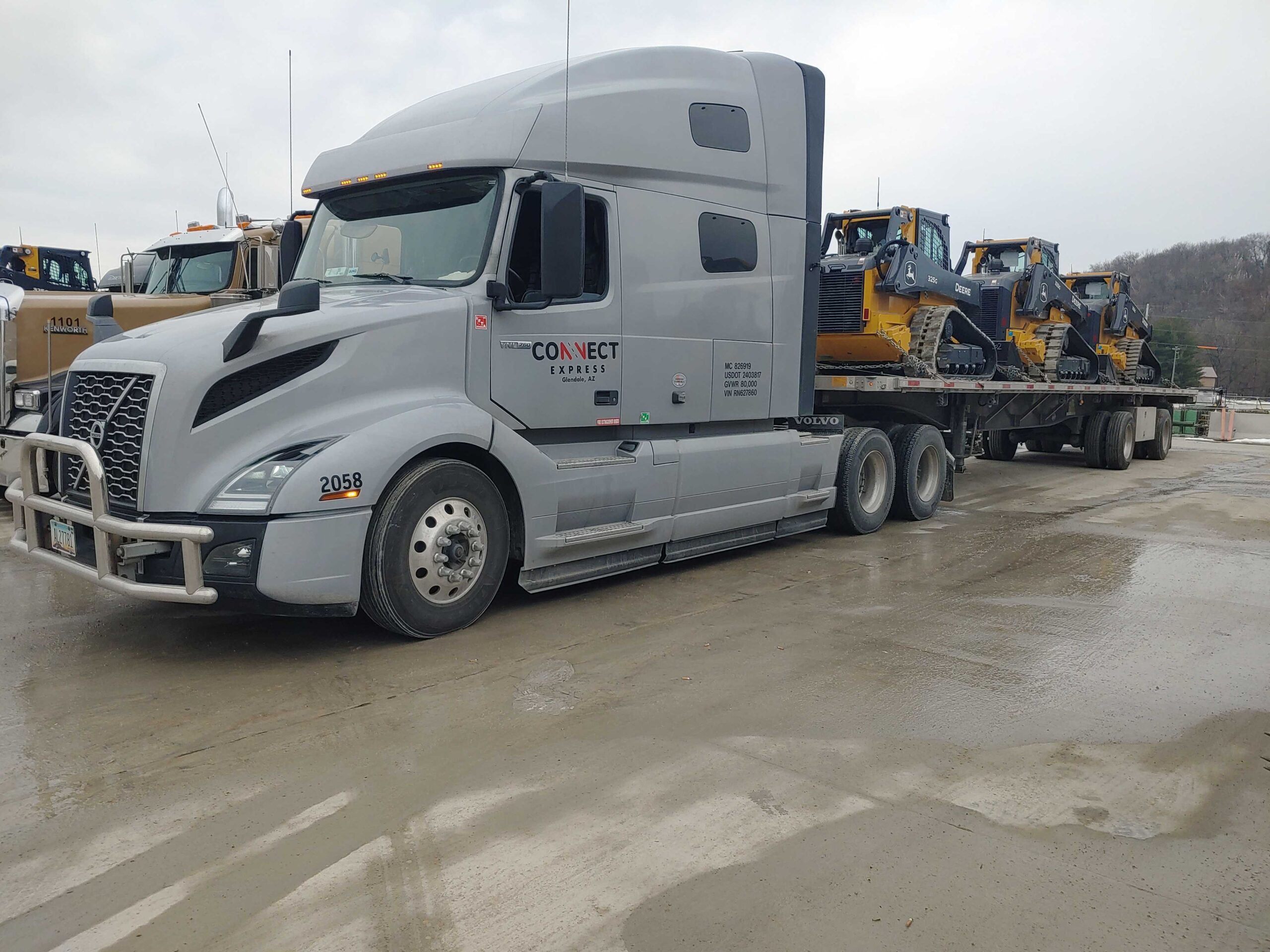
Conventional (Dry Van) Trucking Explained
Definition and Features
Conventional trucking, or dry van trucking, utilizes enclosed trailers to transport a wide variety of goods. These trailers protect cargo from external elements, making them suitable for goods that need to remain dry and secure. Dry vans are the most common type of freight transportation, offering a versatile solution for the logistics needs of industries ranging from retail to manufacturing.
Common Uses and Types of Cargo
Dry vans are ideal for:
- Packaged goods, from food items to consumer electronics.
- Furniture, clothing, and other retail merchandise.
- Other general freight that requires protection from weather and theft.
Benefits and Limitations
Benefits:
- Protection from the Elements: Enclosed trailers shield cargo from weather, providing a secure environment for transport.
- Flexibility for a Range of Cargo: Dry vans can carry palletized, boxed, or loose freight, accommodating a broad array of goods.
Limitations:
- Size Restrictions: The enclosed nature of dry vans limits the size and shape of cargo that can be transported.
- Loading Dock Requirements: Unlike flatbeds, dry vans typically require access to loading docks for loading and unloading, which can limit flexibility in certain situations.
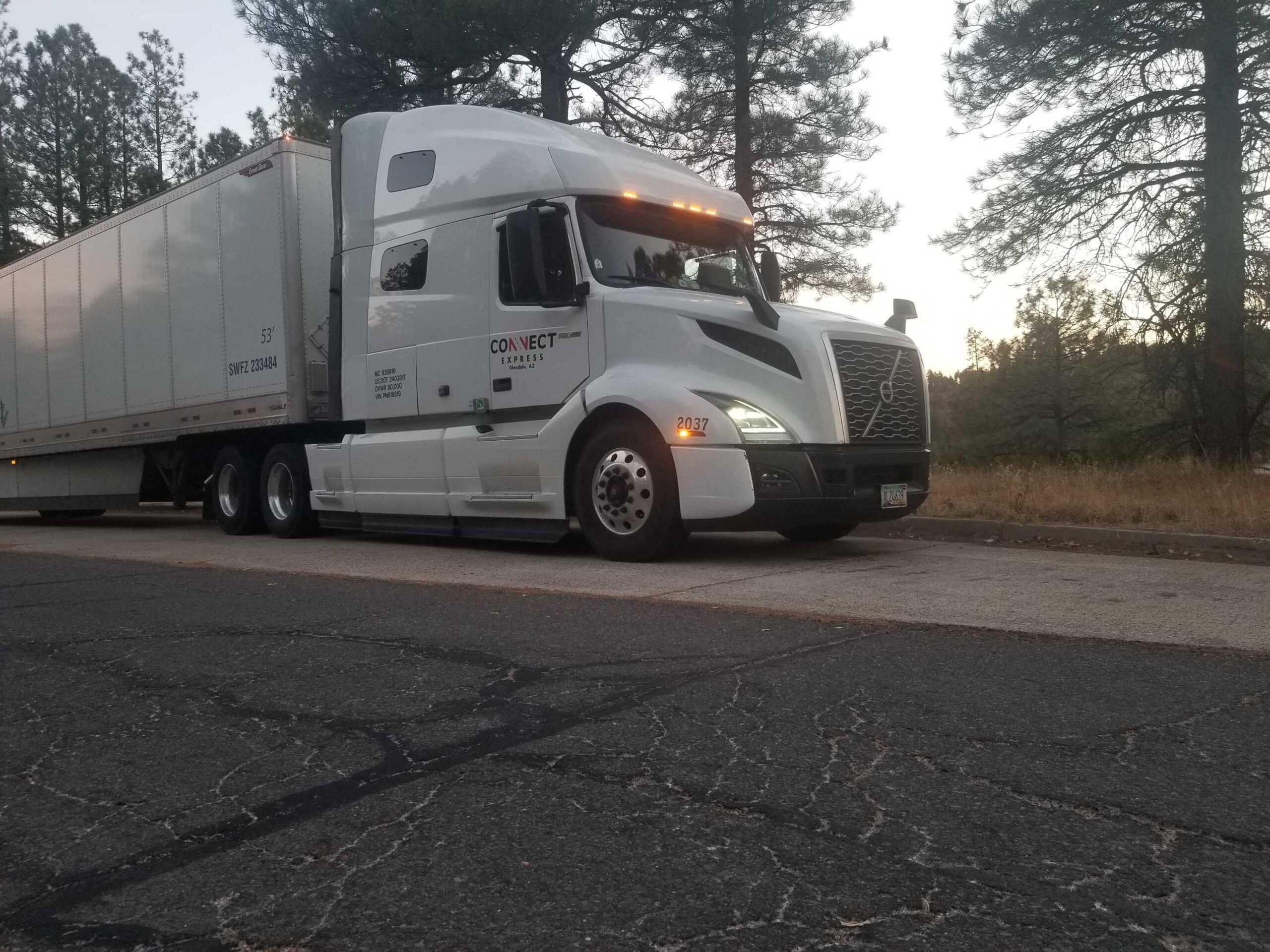
Comparative Analysis: Flatbed vs. Conventional Trucking
When choosing between flatbed and conventional (dry van) trucking, several key factors come into play, each critical for different logistical requirements and types of cargo. This section provides a side-by-side comparison of these two trucking options to highlight their distinct advantages, challenges, and suitability for various transportation needs.
Dimensions, Weight Capacity, and Loading/Unloading Process
Flatbed Trucking:
- Dimensions: Flatbed trailers typically offer more flexibility in terms of length and width, accommodating oversized loads that extend beyond the dimensions of standard trailers.
- Weight Capacity: Due to their open nature, flatbed trailers can often support heavier loads, subject to road and bridge weight regulations.
- Loading/Unloading Process: The absence of walls and a roof allows for loading and unloading from any side, using equipment like forklifts and cranes, facilitating the handling of bulky or irregularly shaped goods.
Conventional Trucking:
- Dimensions: Dry vans provide a confined space, usually 48 to 53 feet in length, with standard heights and widths that limit the size of cargo they can carry.
- Weight Capacity: While capable of carrying significant weight, the capacity is generally less flexible than that of flatbed trailers due to the enclosed structure.
- Loading/Unloading Process: Loading and unloading typically require a dock, limiting the flexibility of locations where cargo can be transferred. However, this can streamline the process for standard palletized goods.
Decision Factors: Cost, Cargo Security, and Flexibility
Cost:
- Flatbed trucking may involve additional costs for securing and protecting cargo, particularly for oversized or special loads requiring permits. Conversely, dry van shipping rates can be more predictable, though costs can vary based on demand, distance, and cargo specifics.
Cargo Security:
- Dry vans offer superior protection against theft and the elements, making them suitable for valuable or weather-sensitive goods. Flatbeds require meticulous securing and covering to safeguard the cargo, which can be more labor-intensive and risk-prone.
Flexibility:
- Flatbeds provide unmatched flexibility for loading/unloading and transporting oversized or special items. Dry vans are preferred for their ease of use, security, and suitability for a wide range of general freight, despite their size and shape limitations.
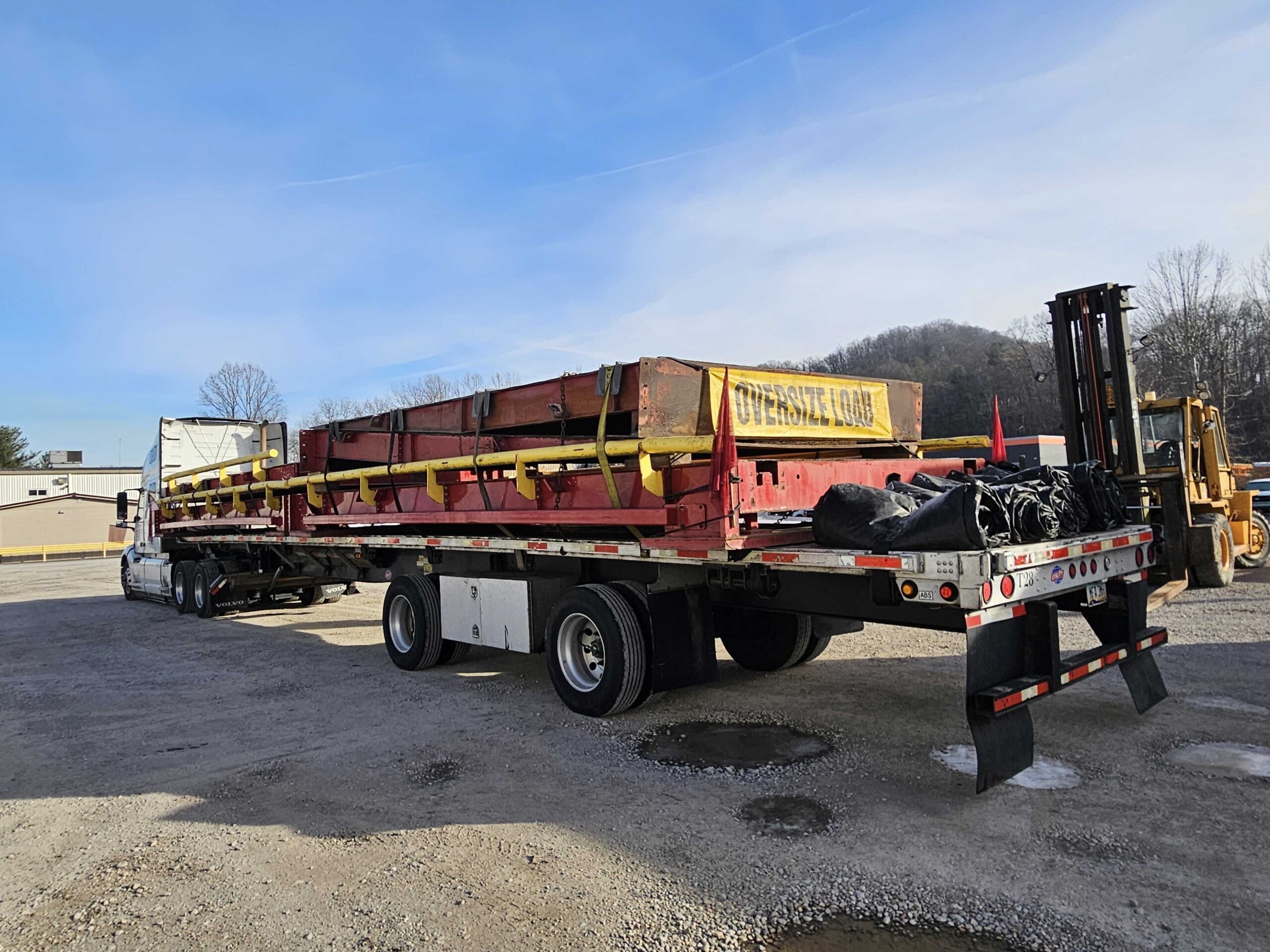
Operational Considerations
Licensing, Regulations, and Insurance
Both flatbed and conventional trucking are subject to specific licensing requirements and regulations that govern the transportation of goods. Drivers must possess the appropriate commercial driver’s license (CDL) and adhere to regulations regarding load limits, securing cargo, and transporting hazardous materials. Insurance considerations also differ, with flatbed loads often requiring additional coverage due to their exposure and the higher risk of cargo damage.
Impact of Driver Experience and Availability
The choice between flatbed and dry van trucking can also be influenced by the availability and experience of drivers. Flatbed trucking requires drivers with specialized skills in securing diverse types of loads and navigating the challenges of transporting oversized items. Dry van trucking, while still demanding professional expertise, is generally more straightforward, making it easier to find qualified drivers.
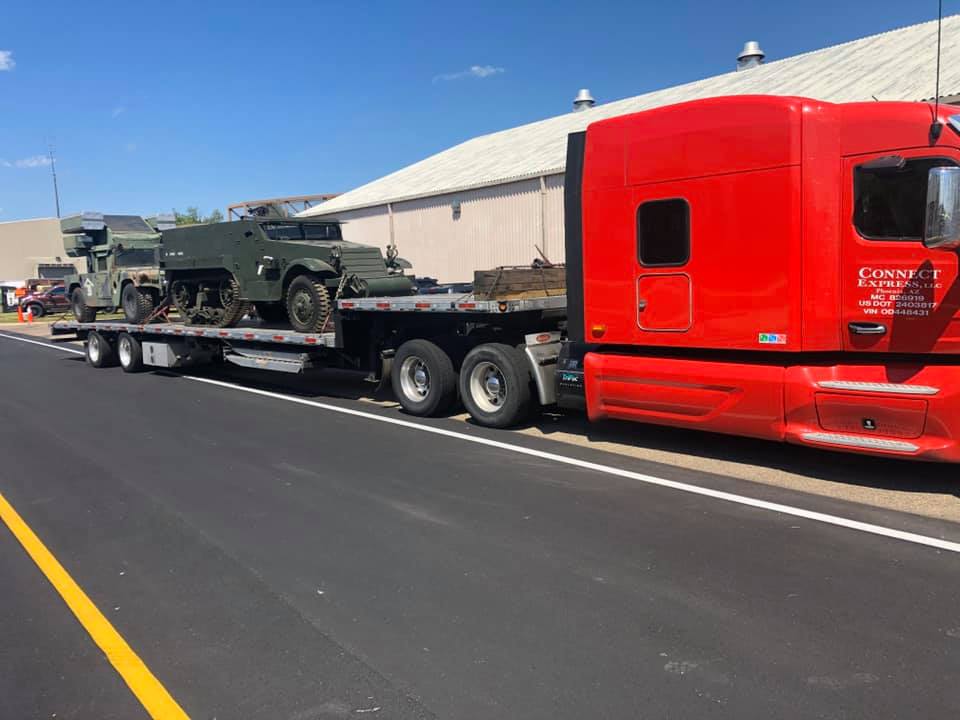
Economic and Market Influences
The decision between flatbed and conventional trucking is not made in isolation but is influenced by broader economic and market conditions. Seasonal trends, such as increased demand for construction materials in warmer months, can affect the availability and rates of flatbed trucking. Economic factors, including fluctuations in fuel prices, consumer demand, and industry-specific growth, also play a crucial role in determining costs and availability for both types of trucking services. Understanding these trends and their impact on logistics is vital for making informed decisions that align with budgetary constraints and logistical requirements.
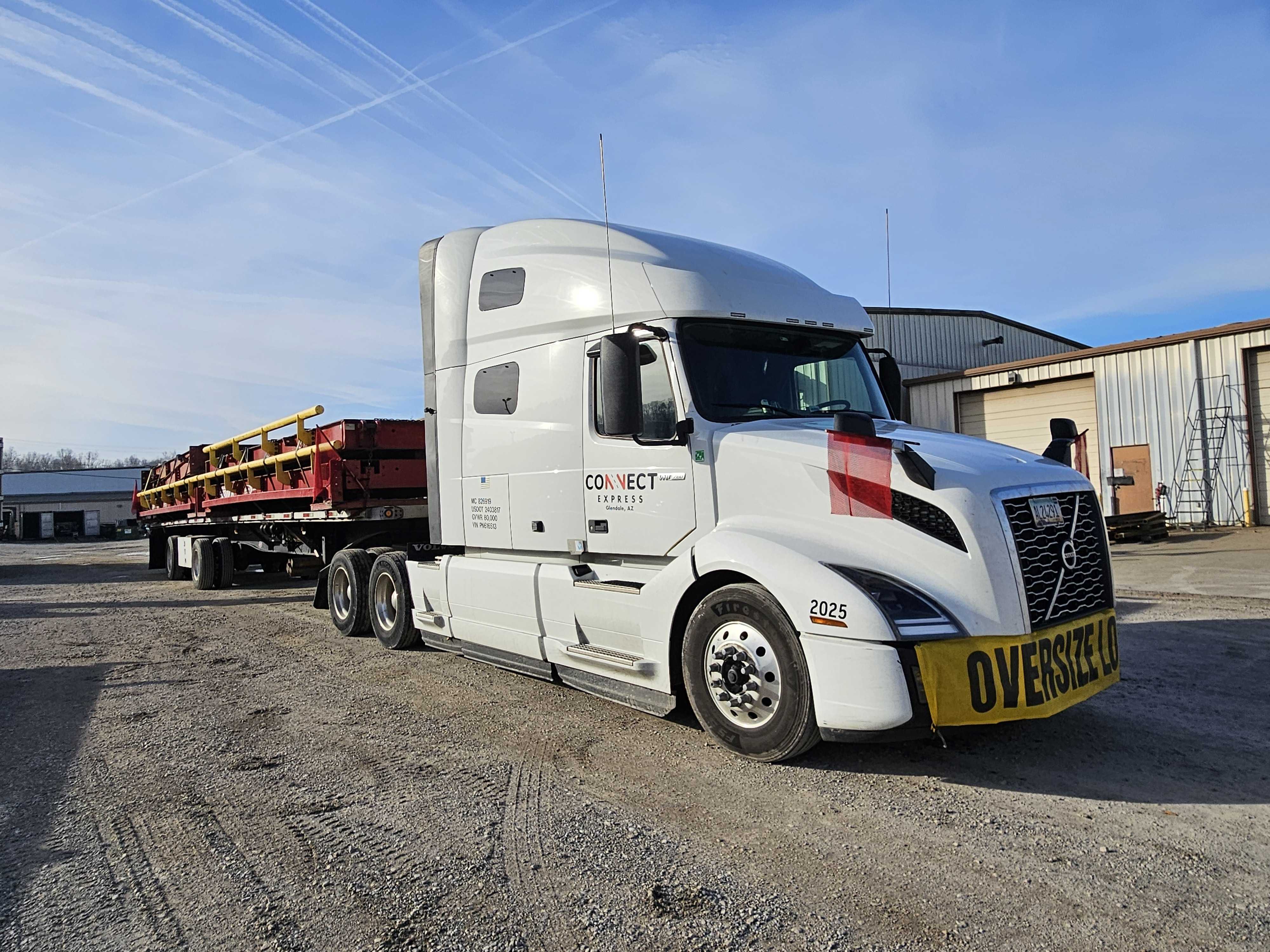
Choosing the Right Option for Your Needs
To determine the most suitable trucking option for your logistical needs, consider the following guidelines:
- Assess the Nature of Your Cargo: Consider size, weight, and sensitivity to weather or theft.
- Evaluate Loading/Unloading Requirements: Determine if your cargo necessitates special equipment or flexible loading options.
- Consider Cost and Security Needs: Weigh the importance of cargo security against the potential costs involved in securing and transporting your goods.
Incorporating case studies or examples can provide practical insights into how businesses navigate these decisions. For instance, a construction company may opt for flatbed trucking for its flexibility in transporting large equipment, whereas a retail business might choose dry vans for the security and protection of consumer goods.
Conclusion
Choosing between flatbed and conventional (dry van) trucking involves a complex analysis of cargo characteristics, logistical requirements, cost considerations, and market conditions. By understanding the distinct advantages and operational considerations of each option, businesses can make informed decisions that optimize their transportation strategies, enhance efficiency, and mitigate risks. As the logistics and transportation landscape continues to evolve, staying informed about these options and their implications for supply chain management will remain crucial for businesses aiming to navigate the challenges of modern freight transportation successfully.
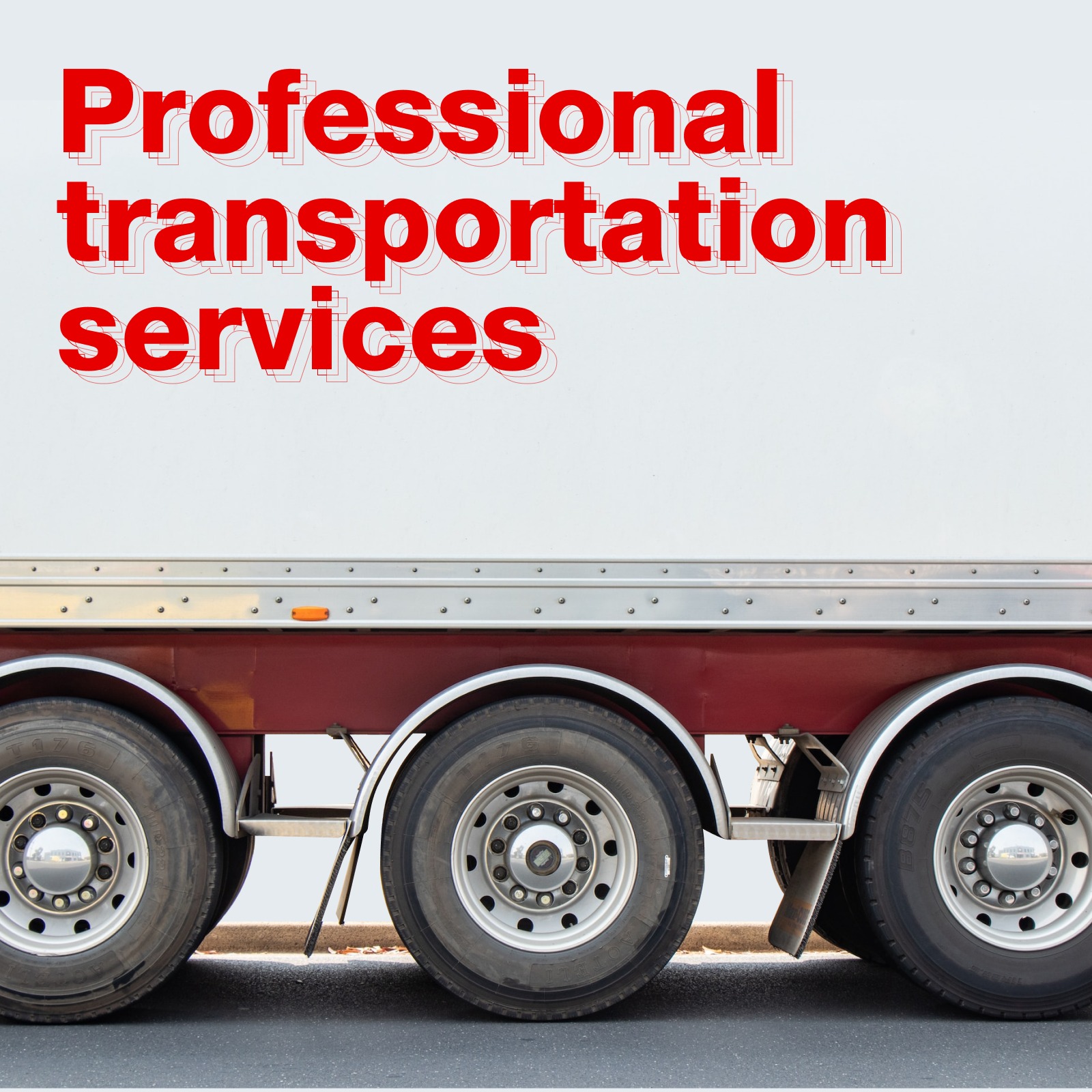
What Sets Connectexpress LLC Apart
Transport leadership for a new generation
Experience the future of logistics with ConnectExpressLLC’s advanced equipment, efficient trailer fleet, and innovative digital platform – elevate your transport game now!
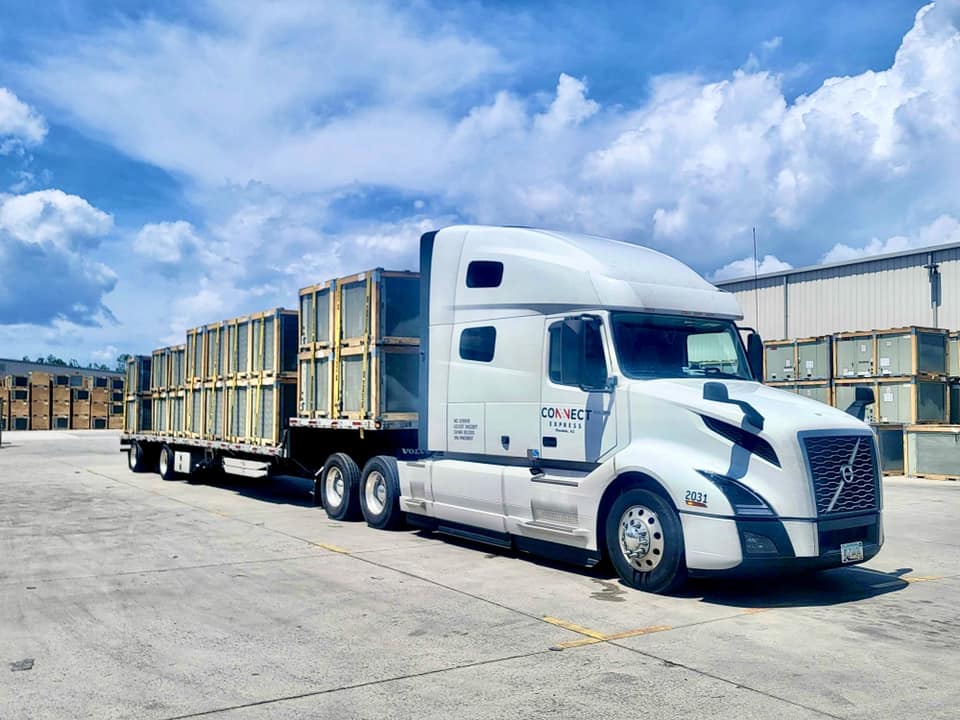
Compliance rate
On-Time Delivery Rate
Safety Rate
Compliance rate
On-Time Delivery Rate
Safety Rate

